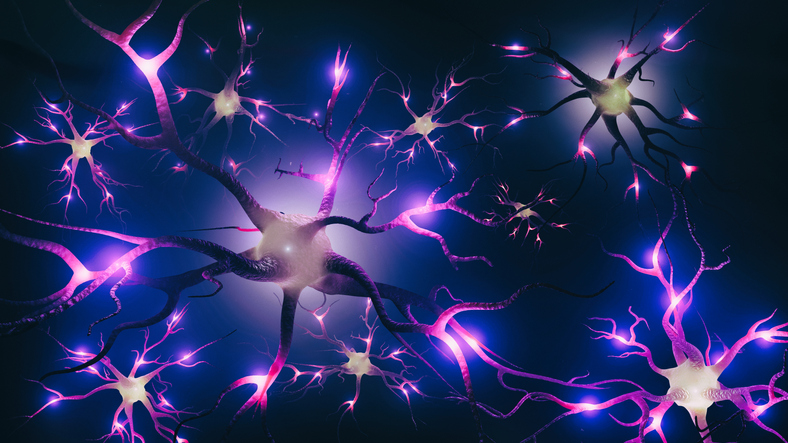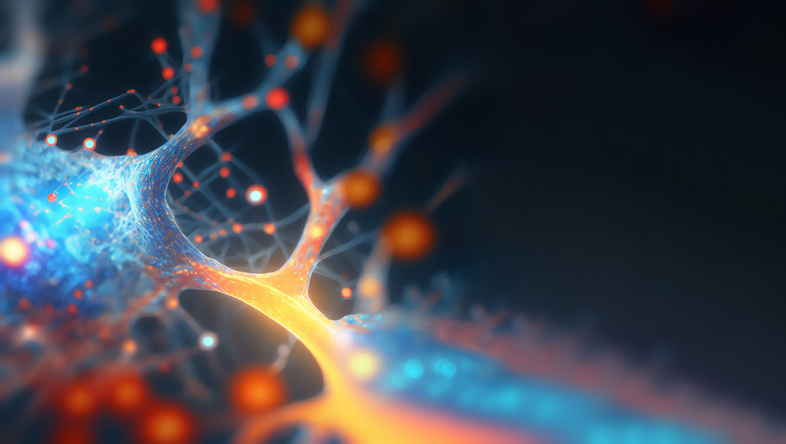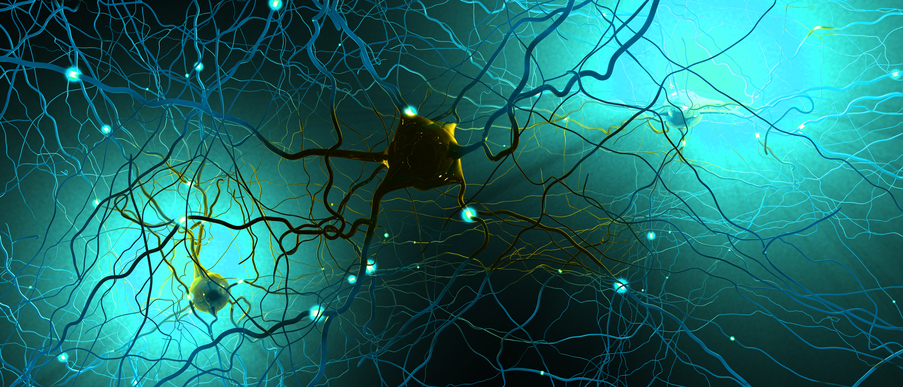Pain
Why Is Early Treatment of Neuropathy Critical?

Early treatment of neuropathy is imperative; more aggressive treatment may be required if treatment is delayed, and permanent damage can occur if neuropathy is not dealt with in the early stages. Nerves have a limited ability to regenerate. Treatment can stop progression, but often the damage cannot be reversed. Also, delaying treatment, as with most chronic pains conditions, can increase the risk of other health-related issues.
Central sensitization
Untreated neuropathic pain can cause changes in the central nervous system, making it highly reactive. This is known as central sensitization.
Central sensitization (CS) is a condition in which the nervous system becomes continually stimulated which causes intensified pain sensations. It is associated with chronic pain progression due to an increased response to neurons in the central nervous system. Central sensitization decreases pain tolerance and produces lingering pain sensations after an initial injury has healed.
Development of other health conditions
When neuropathy goes untreated, anxiety, depression, cognitive impairment, and sleep disorders can develop. Therefore, it is important to get a diagnosis and a treatment plan in place.
Health risks
Living with neuropathy can lead to other health risks, including the following:
- Burns or skin issues
Neuropathy can cause numbness, making it difficult to feel temperature changes. Burning or scalding of the skin can occur. - Infections
The numbness associated with neuropathy can lead to injuries that are not felt. It is especially important to check the feet for injuries before infections occur. - Falls
Weakness and numbness can lead to balance issues, gait problems, and falling.
Treatment options
Treatment options for neuropathy are as varied as the number of forms that neuropathy takes. Treatment is focused on the symptoms if the cause cannot be eliminated.


















